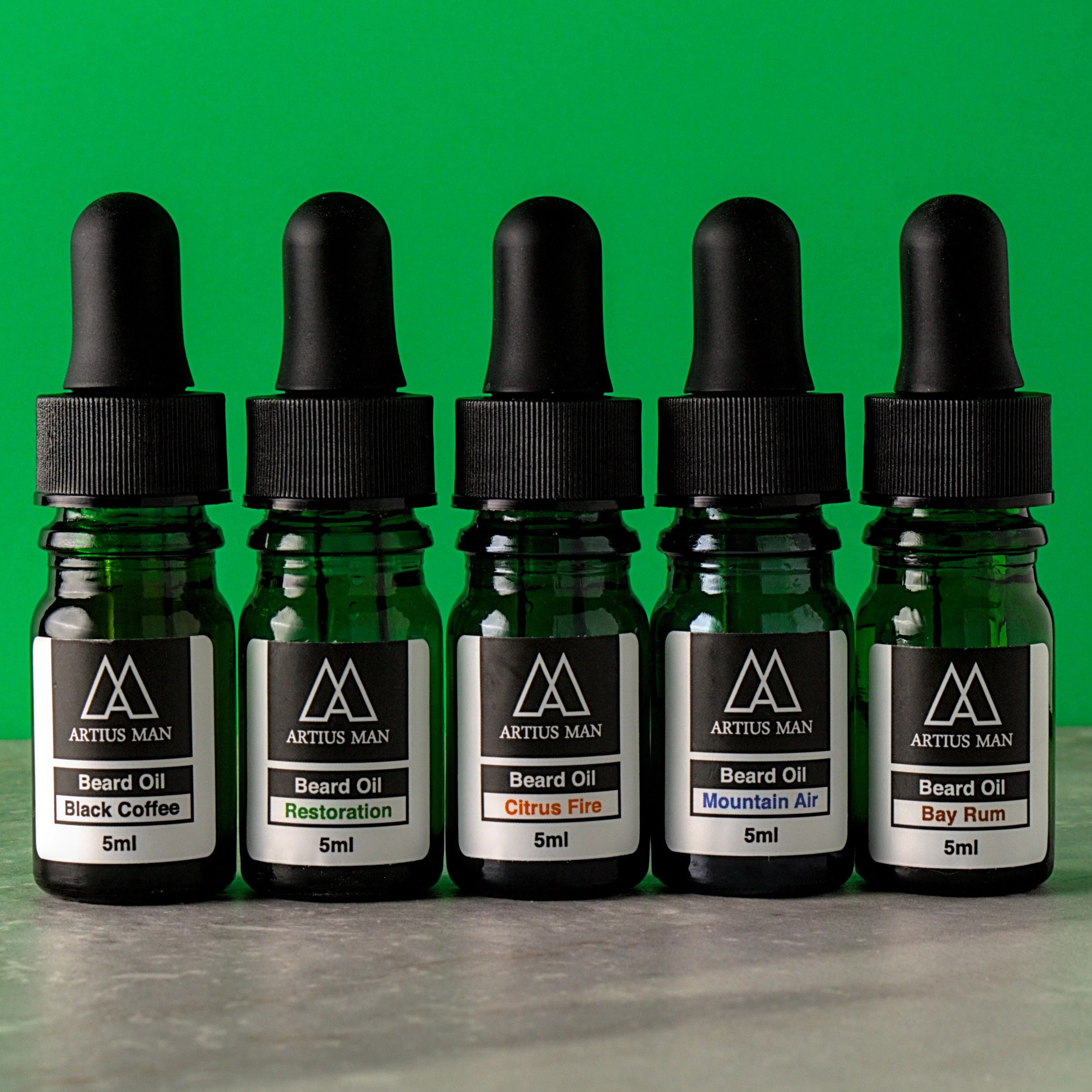Photographing Children – Composition
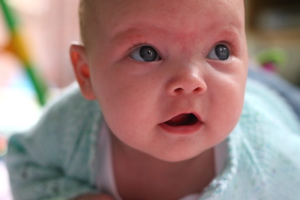
Probably the most important tip I’ve learned in photographing them is to get on their level. So many of my friends show me photos of their kids which are taken from 4 or so feet above the child which does nothing but dwarf them and make them look almost toy-like.
Getting on your hands and knees or crouching down before you take a shot of a child takes you into their world and helps you to engage with them through the images you take.
Photographing Babies
Babies are particularly difficult to photograph because they are so immobile. I find that one of the best ways to get good shots of them is to put them on a baby rug and too literally lie down next to them with your camera right on the floor. In this way you’re looking directly into their big beautiful eyes and it puts the viewer of the photo in the unique perspective of an eye to eye place. If the child has the ability to lift it’s head the effects can be amazing as you almost find yourself looking UP into their eyes.
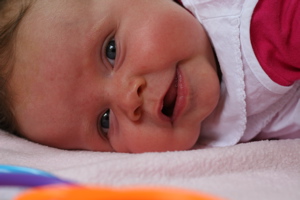
The same principle of getting down low applies with older children although you do have a little less lying on the floor with them when they are at an age of walking.
I particularly find that with older children the best time to photograph them is when they are doing something that they enjoy. Go to the park with them and their parents, visit their house when they are painting pictures, get them to take you on a tour of their room or take them out to play their favorite sport.
While they are doing their activity hover around (at their level) and take plenty of shots. Also include shots with them and their parents and keep an eye open for those candid moments when they fall over, do funny expressions or ham it up for the camera.
If your camera has a continuous shooting mode it might also be worth keeping that on with bigger kids who tend to move around more. As I look back at the times I’ve done this it’s quite interesting to see that it’s often the second or third shot in a sequence that is best. Shooting just one frame at a time can mean you miss these golden opportunities.
Another benefit of continuous shooting is that you can end up with a great series of shots that might go nicely together to tell a story (see below).
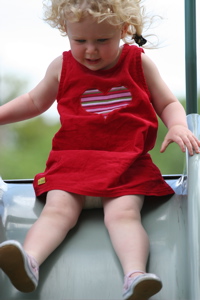
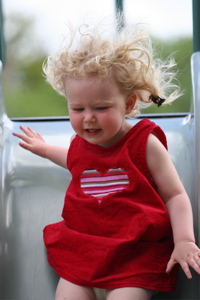
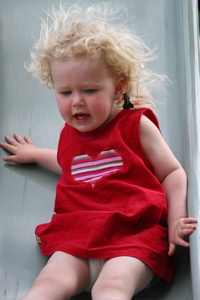
Another great way to change the angles of your shots when photographing kids is to use different focal lengths. If you’re using a DSLR it might be worth investing in a couple of different lenses (a wide angle one and a longer zoom) to give you different options. If you’re using a point and shoot (most of which have at least a 3x Optical Zoom) make sure you use it.
Taking pictures with a wide angle focal length can be particularly effective when getting in close to children. It opens up the angles and gives all kinds of interesting perspectives. I use a 17-40mm zoom lens on my DSLR which is brilliant for this. It still allows me to zoom in a little but at 17mm the impact is amazing.
A zoom lens allows you to take photos from further afield and will particularly be useful if the child is distracted by you taking photos. I use a 70-200mm zoom (the third image above was taken with it) which I find very useful.
Have Fun
Lastly, the key to good kid shots is to rediscover your own inner child. Kids love to have fun, they do the unexpected, they love to experiment and test things out and they love to play. Approach photographing them in this spirit and you’ll find your pictures take on a wonderful childlike quality.


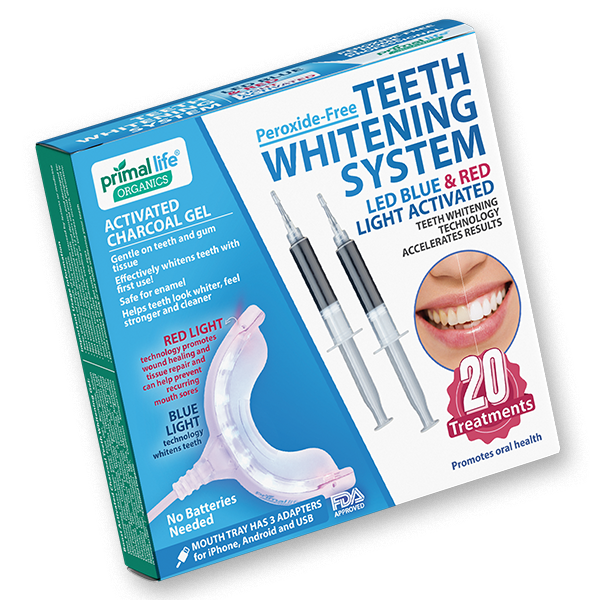
.gif)




